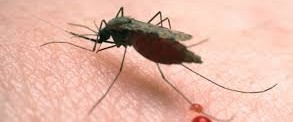Climate warming may worsen development in Africa and may affect human health by bringing about changes in the ecology of infectious diseases. There is therefore a need to enhance the ability to adapt to future climate change. Malaria is a major public health problem in Ethiopia. Unfortunately, there are no practical tools to predict malaria epidemics based on climate forecasts. Such tools would be useful in making efficient use of the limited resources for malaria control.
In this project, scientists from Ethiopia and Norway shall collaborate on a programme to incorporate climate variability and forecast information for malaria epidemics. The collaboration aims to strengthen PhD and masters programmes in and will strengthen international collaboration on climate and health research.
Over a five-year period (2007 – 2011), this project will combine new population-based malaria transmission information with climate and land use variability data to develop an early warning to predict malaria epidemics in Ethiopia.
For more information please visit the EMaPS blog
